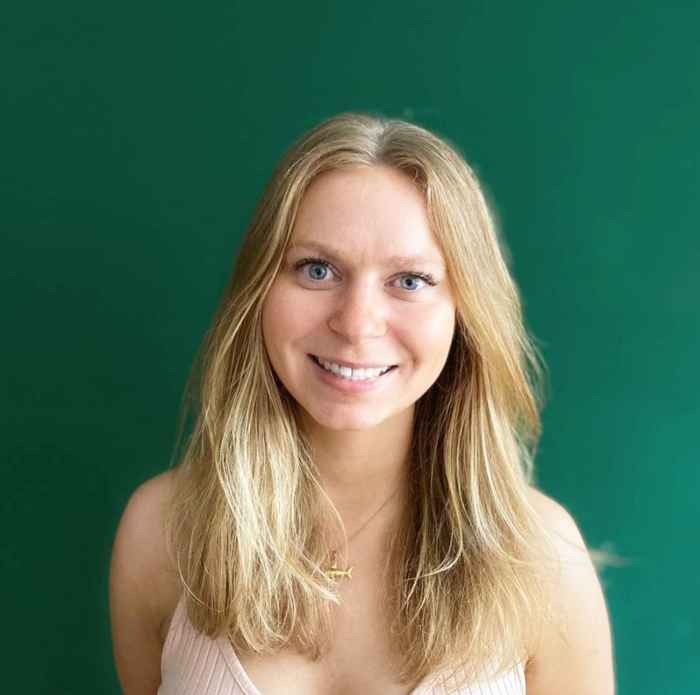Student review

'Instead of only studying behaviour, neuroeconomics use fMRI data to study human decision making and help understand it on a deeper level'
Kerstin Wehmeyer (Germany) - Neuroeconomics track
'Coming from an interdisciplinary Bachelor’s programme, I knew the benefits of combining different disciplines to tackle issues. I have always taken an interest in the intersection between psychology and economics. The Neuroeconomics track fascinated me because it went even further. Instead of only studying behaviour, neuroeconomics use fMRI data to study human decision making and help understand it on a deeper level. The minute I learned about this Master’s programme, I knew I had found my future path. I was already familiar with the high standard of teaching and the excellent economics department, hence my decision to stay and continue my studies here.'
'The Neuroeconomics track of the Master’s of Business Economics has met, and in some ways exceeded, my expectations. I enjoyed the integration of neuroeconomic research into the economics courses taken by students of all tracks and liked the high level of ambition of students. The courses built upon each other and were challenging and stimulating as well as well-structured. My favorite part has to be the lecturers who were involved, inspiring and helpful. The Neuroeconomics track featured a lot of guest lectures by researchers who are well-established in the field and highly enriched the curriculum.'
'Studying in Amsterdam is great. The city is young, vibrant and full of opportunities. Despite being a capital city it often feels more like a village, but in the best sense. On top of that it has a great start-up scene with exciting companies. Above all, it is truly so easy to feel at home in Amsterdam. Within no time you will find yourself loudly complaining about the tourists walking on bicycle paths while you are carrying a plant, table or some other ridiculously large item on your bike, of course in the pouring rain.'
'Throughout my whole studies I have been able to combine work and study. While that hasn't always been easy it gave me the opportunity to use my academic knowledge in the professional world. I have worked in a publishing as well as a sustainability startup as content editor, researcher and strategist which prevented me from losing touch with the ways in which academic knowledge can be used outside of academia. Additionally, I am convinced of the importance of stepping outside your comfort zone and broadening your horizon, which is why I followed courses such as a course on the history of the universe and on literature of love and madness. As economists we run the risk of believing everything is solved by reducing things to numbers and solving an equation, so in my opinion it is vital to remember what else is out there and to appreciate disciplines such as the arts.'
'Having worked in different roles at small startups as well as large corporations I have yet to find my niche. I am excited for the coming years and I hope to be able to work in an area which lets me combine neuroscience and economics to solve complex issues. I believe that human behaviour is best understood through studying the brain and would like to work with governments or companies to help people make smarter choices. After having lived in Germany, Ireland and the Netherlands I can also see myself starting a new adventure in a different part of the world.'